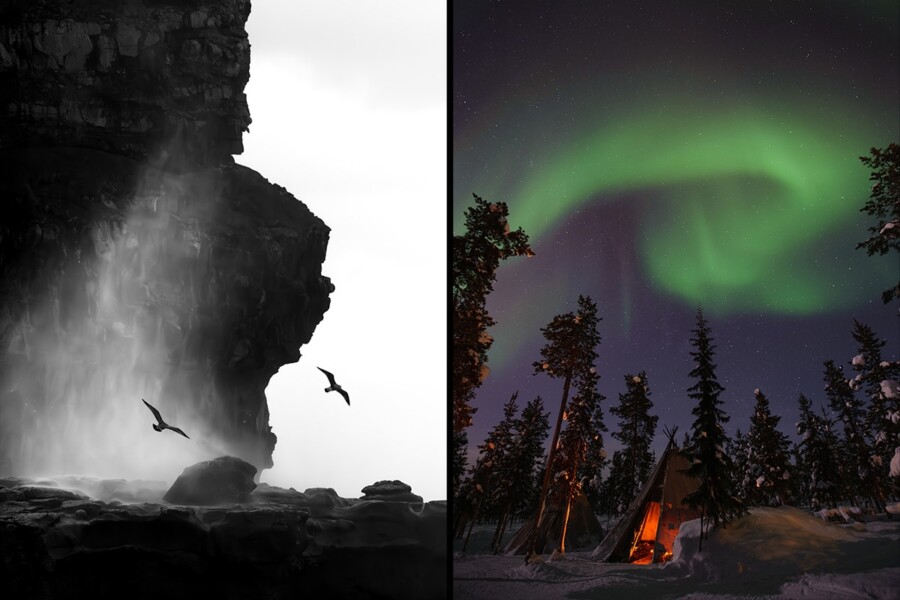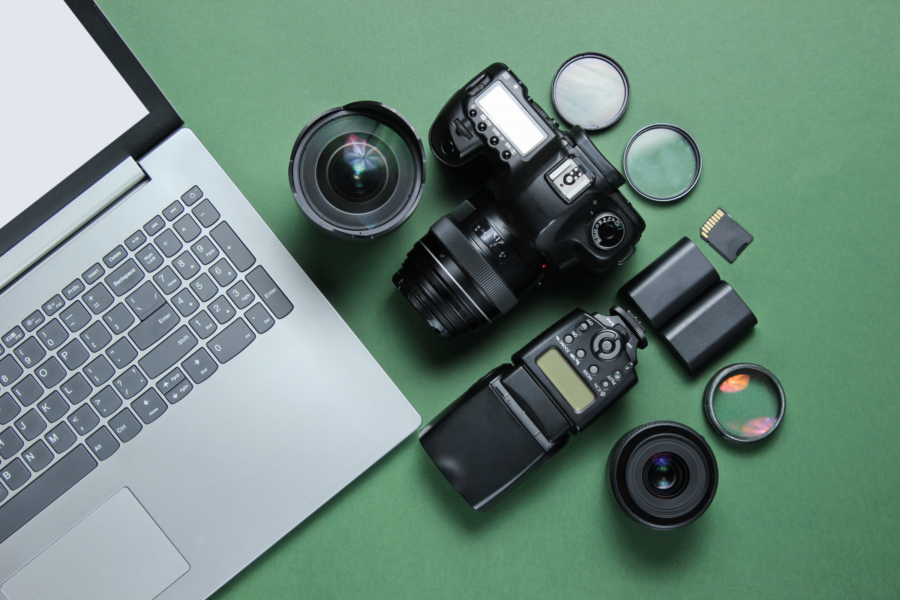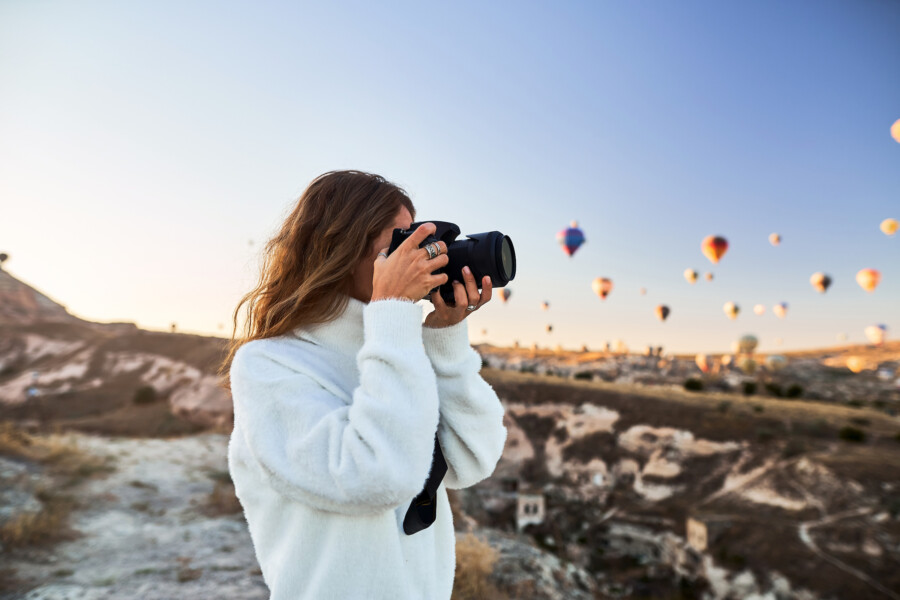Share
Ami Vitale Documentary: Every Pregnancy is a Gamble in Sierra Leone
Ami Vitale‘s latest project comes in the form of a documentary video, and with your help (in the form of votes) it can make a difference in the l...
Ami Vitale‘s latest project comes in the form of a documentary video, and with your help (in the form of votes) it can make a difference in the lives of the women in the story.
The subject – Fatimata Konte, an expecting mother in Sierra Leone fears giving birth because she already lost five of her children. A new policy that aims to bring free health care to all pregnant women will, she hopes, save her next child and make giving birth safer for all women.
I just voted – and it’s currently in third place. The Grand Prize is $20,000 for the overall winner, plus $5,000 to the winner of each category. There is only one day left to vote.
I interviewed Ami today, via email (she is currently in India). The exchange is below:
How did the idea for this project come about?
The project was part of a Knight Center for International Media grant. I was Senior Producer and worked with Tom Kennedy, Rich Beckman and the graduate multimedia students from the University of Miami. We teamed with students in seven countries to help citizens put a face on the United Nations Millennium Goals.
The UNMDG’s are meant to address the over one billion people worldwide who suffer from the effects of living on less than one dollar a day, including hunger, treatable infectious diseases, severely limited education opportunities and high child mortality rates. Our story was in Sierra Leone which has the highest maternal mortality rates in the world. One in eight women die during pregnancy because of the poor conditions.
What were some of the more challenging aspects of the project?
There were challenges gaining access to this sensitive story as well as completing it in such a limited time frame. We literally had just a few days to shoot all of it.
While shooting very often people would get very upset that we were shooting. They would become aggressive and scream that we should pay for the photos. I would first listen to them and then explain what the purpose of the film was. Almost immediately, their defensive posture changed and they said we are their guests.
That’s the amazing thing in documentary work. If you have a good reason to be there, most people really want their stories to be told.
What camera gear was used? Cameras, lenses, software, and fancy tricks?
I used the Nikon D3s with the 24-70 mm leans and the 24mm tilt shift perspective lens. No fancy tricks!
The video has been entered into the ViewChange Online Film Contest. What will happen if it wins?
If it wins, I’m donating the money to the people in the film. It would be so nice to be able to make a difference in the lives of people who shared their stories with us.
The idea of giving back to the subject like this is really great. What can other photographers do if they’re interested in doing something similar?
If they want to help out in a similar way, they might consider having a print fundraiser, or a talk and exhibit, and ask for donations or simply do what you can.
In this example I realized that if this story could win and generate money, the women who opened their lives to us as well as the doctors who so desperately need funding could really stand to benefit from the prize earnings. Its a rare opportunity when you can actually take the success of winning an award and give back to the community you are documenting.
I hope it wins for this reason. After working long enough in this career, I realize the awards are meaningless unless something positive can be done with the accolades.
Vote here. (FYI: You need to log in and create a password first.)
Lauren Malkani, left, and Ami Vitale in Sierra Leone, worked together to produce the documentary.
Learn more about the contest, and how you can contribute your own stories, here:
http://www.linktv.org/viewchangefilmcontest/about


